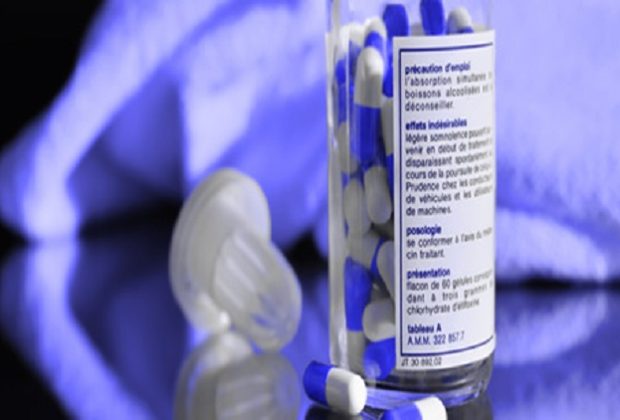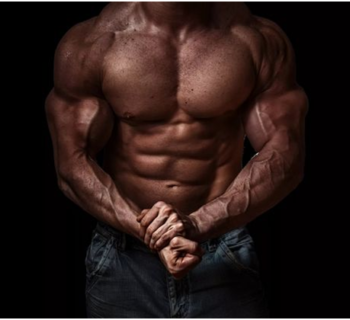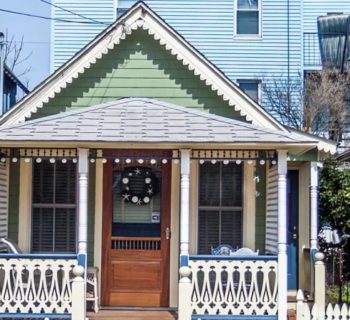Alcohol withdrawal occurs when a person with alcohol addiction abruptly stops drinking. Mild alcohol withdrawal symptoms might involve headaches and loss of appetite. Critical effects include delirium tremens symptoms, a life-threatening form of alcohol withdrawal that can cause agitation, fever, and seizures.
People battling alcohol withdrawal regularly experience insomnia. Alcohol withdrawal insomnia is characterized by challenges falling asleep, prolonged wakefulness, and poor sleep quality. One study showed that 58 percent of alcoholic men improved insomnia during the first six days of alcohol withdrawal.
Restful sleep is often decreased during alcohol withdrawal. People who attempt to stop drinking without medical supervision may encounter numerous alcohol withdrawal symptoms, including sleep problems that drive them to hallucinate. Insomnia can last many weeks into abstinence.
Research has shown that sleep disturbances are prevalent during alcohol withdrawal and can linger after detoxification. If neglected, insomnia can lead to alcohol relapse in the initial several months of recovery. Correctly treating alcohol withdrawal insomnia is a crucial step toward achieving sobriety.
How to Overcome Alcohol Withdrawal Insomnia
Treatment for alcohol withdrawal insomnia often involves lifestyle changes, therapy, and choosing a medication for alcoholism. Medical professionals commonly use nonpharmacological medicines because many remedies for insomnia can be addictive.
Drug Therapy
Individuals managing liquor withdrawal sleep deprivation ought to abstain from taking prescriptions not recommended by a doctor. Nevertheless, treatment specialists have found certain medications, such as acamprosate, useful in treating people battling insomnia during alcohol withdrawal.
One study found that tetraborate and diazepam can assist improve sleep among people undergoing alcohol detox. Tetrabamate is often used to treat anxiety and alcohol withdrawal problems, and diazepam treats anxiety, seizures, and muscle spasm.
Additionally, anticonvulsant medications have shown effectiveness in managing people with alcohol withdrawal insomnia. A 2002 study showed that carbamazepine was superior to lorazepam in treating sleep disruptions during alcohol withdrawal.
Benzodiazepines and non-benzodiazepines are varieties of prescription drugs that may be directed for insomnia. In general, non-benzodiazepine sedative drugs should be used in place of benzodiazepines, which can be addictive.
Benzodiazepines can be used during acute alcohol withdrawal. But people suffering from alcoholism have an improved risk for abusing sedative-hypnotic drugs, and most addiction treatment experts do not recommend sedative-hypnotic medications for clients with drinking problems.
Behavioral and Relaxation Therapies
Behavioral therapies can help individuals in dealing with insomnia and alcoholism. Studies have shown that behavioral techniques, such as stimulus control and biofeedback, can support nearly all people with primary chronic insomnia.
A 2014 study recommended that cognitive-behavioral therapy may assist reduce sleep problems, depression, and alcoholism. Nevertheless, researchers said that the effectiveness of CBT among people experiencing alcohol addiction and sleep disturbances remains relatively inconclusive.
One study showed that muscle relaxation therapy could enhance the sleep quality of people with drinking problems. During two weeks, patients fighting alcoholism and insomnia received progressive relaxation training, while others received no treatment. The treatment group reported healthier sleep quality than did the control group.




















